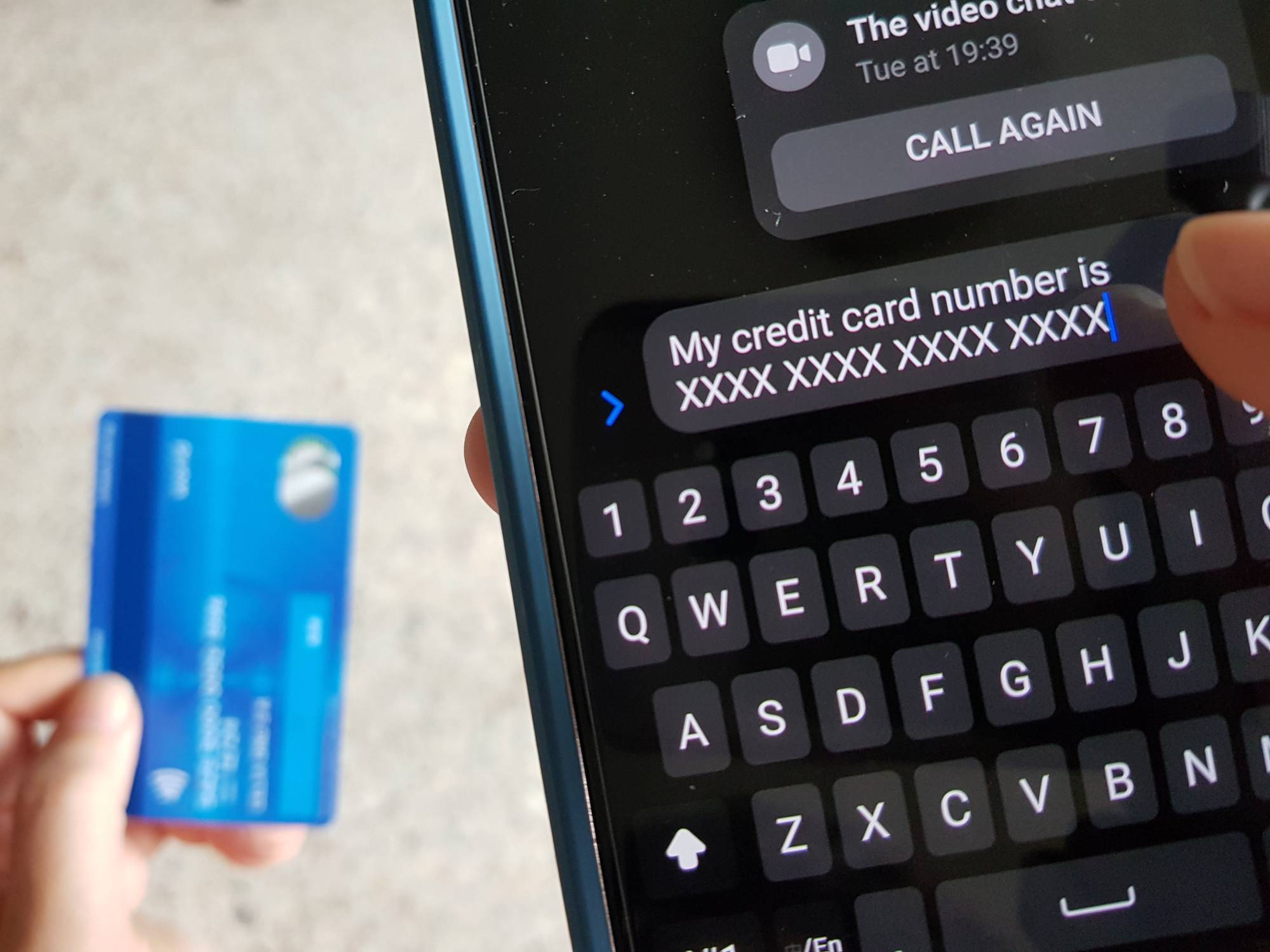The challenge of increasingly sophisticated scams

In a world of increasing dependence on technology for work, administration and leisure, scams are growing ever-more sophisticated and prevalent. Last year Australians lost more than three billion dollars to scammers and possibly significantly more again, as a sense of embarrassment and shame means many scams go unreported. This Anti-Poverty Week (15-21 October), Vicki Penner, Queensland manager for The Salvation Army’s Moneycare financial counselling service says, “It’s no longer the vulnerable and elderly who are being targeted. It’s all of us!"
“Scammers don’t discriminate – they target everyone; we are all vulnerable,” says Vicki.
“The landscape is changing. It is no longer the vulnerable and elderly who are being targeted, it’s all of us. If you have a mobile phone, an email address and use any social media platforms, be wary.
“Scammers are using sophisticated methods, and people with financial and IT [information technology] knowledge are also being impacted.”
Scams are a national issue
The latest Targeting Scams report has revealed Australians lost a record $3.1 billion to scams in 2022, as government, law enforcement and the private sector look to improve collaborative efforts to support the community in the fight against scams. This is a staggering 80 per cent increase on total losses recorded in 2021.
The top contact methods for scammers are: text messages (33 per cent), phone (29 per cent), email (22 per cent), internet (6 per cent) and social media/online forums (6 per cent).
Scams range from impersonating family members, mirroring genuine websites and phone numbers, unpaid road tolls, package deliveries, speeding fine impersonations, relationship and romance baiting schemes, employment scams, and many more.
People across all age groups, genders, ethnicities and abilities have been scammed. Many have lost huge amounts of money, including life savings, businesses and homes. Others have lost a sense of security and safety, and feel violated. For many, the impact of the scams has wreaked havoc on their physical, mental and emotional health.

Everyone is at risk from scams
Annie received a call, supposedly from her bank, warning her that someone was trying to make unauthorised withdrawals from her account. The caller sounded genuine and knew basic details about her. The caller then asked for Annie’s credit card details, bank details, and the code that was sent to her mobile phone. She gave the caller the information.
The next day, she told her adult children about the call. They checked her accounts, saw that two withdrawals of several thousand dollars had been made, and immediately contacted the bank. The experience left Annie shaken, distressed and nervous, even when most of the money taken was retrieved.
Jack received a text about an unpaid road toll trip, asking him to pay in full to avoid late fees. Jack knew his account was overdrawn, so he clicked on the provided link and entered his credit card details. The next day he noticed five transactions of $1000 charged to his credit card.
Val received text messages from her ‘daughter’, saying she had dropped her phone and couldn’t transfer money to pay an urgent bill. Val knew her daughter had broken several phones before, so initially thought this was just another one. She only became suspicious just before starting to transfer the money requested.
Salvation Army Moneycare response to scams
When someone calls Salvos Moneycare to make an appointment in response to a scam, the financial counsellor will support the caller through the whole process.
“Our counsellors support the person with contacting their bank, making a complaint and notifying as many authorities as we can – such as the Australian Competition and Commission (ACCC), Australian Financial Complaints Authority (AFCA), the Australian Securities and Investments Commission (ASIC) and Scamwatch,” explains Vicki.
“Our financial counsellors provide a safe space to support community members who become a victim of scamming. Our person-centred approach is supportive during this very stressful and distressing time. We will guide and create referral pathways for those who require further emotional and psychological supports.”
Important to act immediately if you have been scammed
If you think you’ve been scammed, it is essential to contact your bank immediately. Most banks have 24-hour numbers you can call.
For additional support, contact:
Salvos Moneycare (to book an appointment with a financial counsellor)
Call 1800 722 363
Scamwatch (to lodge a complaint and for information)
Visit Scamwatch site
Idcare (supporting people impacted by recent data breaches)
Call 1800 595 160
ReportCyber (information and reporting scams)
Visit ReportCyber site
Always remember that scams are fraud. If you’ve been scammed, you are a victim. It’s not your fault and you are far from alone.
You may experience mental and emotional reactions including feelings of anxiety, shame, embarrassment, guilt, anger, loss of trust in others, loss of a sense of security, grief and more.
It’s important to find ways to take care of yourself. Call on your support system of caring family and friends, or a local service such as The Salvation Army’s Moneycare. Take time to talk through what has happened, to hopefully minimise unhelpful, negative self-talk.
Reporting the scam will give you some control over the situation. Remember, many scammers are exceptionally good at what they do and people of all ages and from all walks of life have been scammed.
Written by Simone Worthing.
For more tips about avoiding scams or what to do if you have been scammed, download our free eBook You’re the Boss: Money Wisdom for Life